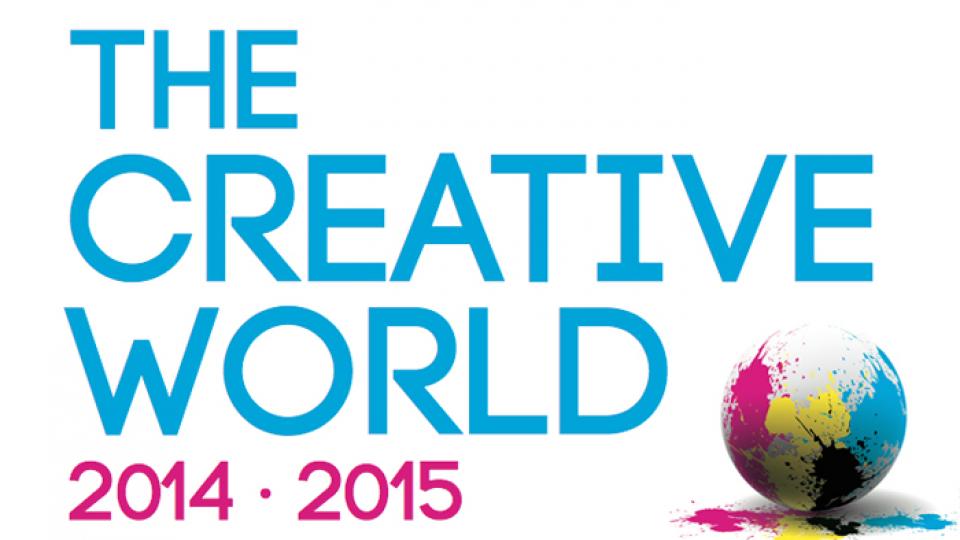
What are the global, environmental and financial effects of proposed regulations to cut carbon emissions? What is the carbon footprint of your household, employer and nation? How would different regulations affect you?
A pair of experts will debate the pros and cons of carbon regulation through taxation, cap and trade and other measures at the next E.N. Thompson Forum on World Issues. The event will be 7 p.m. March 3 at the Lied Center for Performing Arts, 301 N. 12th St.
The debate, "Cutting Carbon Emissions: Better Environment, Worse Economy?" is the 2015 Chuck and Linda Wilson Dialogue and will feature Marlo Lewis Jr. of the Competitive Enterprise Institute and Gilbert Metcalf of Tufts University. The debate will be moderated by Susan Poser, dean of the UNL College of Law.
The event will explore the pros and cons of regulating carbon emissions, with Metcalf arguing the primarily environmental benefits of the U.S. government restricting carbon emissions by taxation and other forms of regulation, and Lewis emphasizing the primarily negative economic impact and the complexities of such U.S. government intervention.
Lewis has written on global warming, energy policy and public policy issues and has been published in The Washington Times, Investor's Business Daily, Tech Central Station, the National Review and Interpretation: A Journal of Political Philosophy. He has appeared on various television and radio programs, and his ideas have been featured in radio commentary by Rush Limbaugh and G. Gordon Liddy. Prior to joining CEI in 2002, he served as director of external relations at the Reason Foundation in Los Angeles, California. During the 106th Congress, he served as staff director of the House Government Reform Subcommittee on National Economic Growth, Natural Resources and Regulatory Affairs. Lewis has also been the research director for Citizens Against Government Waste.
Metcalf is a professor of economics at Tufts University and a research associate at the National Bureau of Economic Research. He is also a research associate at MIT's Joint Program on the Science and Policy of Global Change and an associate scholar in the Harvard Environmental Economics Program. He has taught at Princeton, Harvard and MIT. He has frequently testified before Congress, been on expert panels including a National Academies of Sciences panel on energy externalities, and recently was the deputy assistant secretary for environment and energy at the U.S. Department of the Treasury. He is on the board of directors of the Association of Environmental and Resource Economists, the international professional association for economists working on environmental and natural resource issues. He has published numerous papers in peer reviewed academic journals, has edited or co-authored four books, and has contributed chapters to a number of books on energy and tax policy.
John Anderson, UNL professor of economics, will lead a pre-talk at 6:30 p.m. in the Lied Center's Steinhart Room.
Chuck Wilson is a retired cardiologist who served on the University of Nebraska Board of Regents for many years. Linda Wilson served on the Lincoln City Council and the Public Building Commission. The Wilsons' goal in creating this dialogue is to present both sides of an important issue.
The E.N. Thompson Forum on World Issues is a cooperative project of the Cooper Foundation, the Lied Center and UNL. It was established in 1988 with the purpose of bringing a diversity of viewpoints on international and public policy issues to the university and people of Nebraska to promote understanding and encourage debate.
— Steve Smith, University Communications